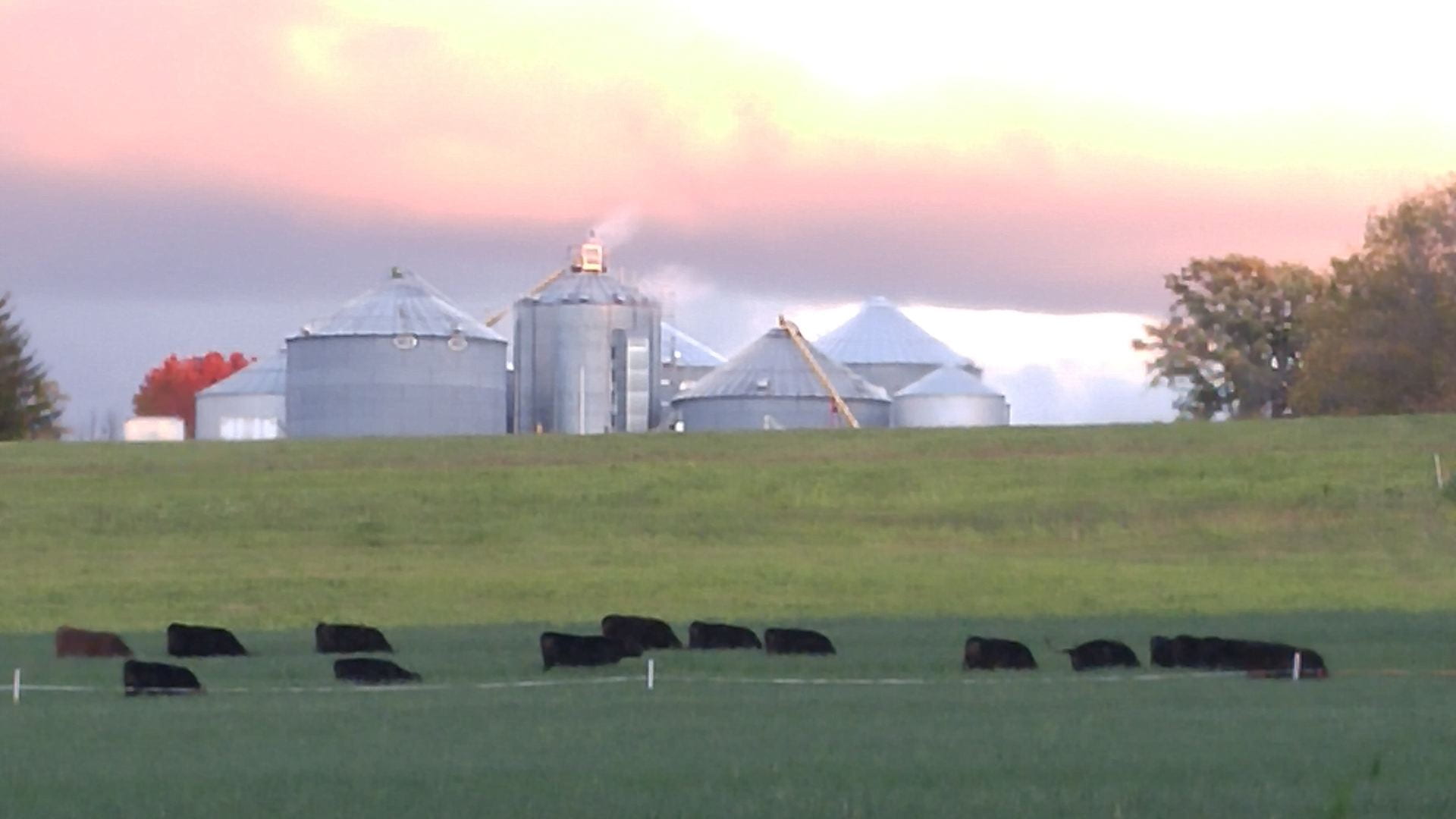By Julie Larson Bricher on 6/16/2021, MeatingPlace.com
The U.S. Food and Drug Administration has finalized guidance for industry that outlines the process for animal drug sponsors to voluntarily change the approved marketing status of certain medically important antimicrobials used in the feed or drinking water of food-producing animals from over-the-counter (OTC) to prescription (Rx).
The GFI #263 final guidance document advises that once the change is made, the drugs can only be used in animals under the supervision of a licensed veterinarian, the agency explained in a news release.
GFI #263 is an extension of the earlier GFI #213 guidance, which sought to eliminate the use of antimicrobials for production purposes such as growth promotion. As a result of the successful implementation of GFI #213, approximately 96% of medically important antimicrobials used in animals are now under veterinary oversight, according to FDA.
The remaining 4% of medically important antimicrobials currently marketed as OTC products for food-producing and companion animals include other dosage forms, such as injectables and topicals. Once the recommendations in GFI #263 have been fully implemented, all dosage forms of medically important antimicrobials approved for use in animals can only be administered under the supervision of a licensed veterinarian, and only when necessary for the treatment, control or prevention of specific diseases.
During the two-year time frame for implementation recommended in GFI #263, FDA plans to work with affected stakeholders and state partners to answer questions about the voluntary transition process and provide assistance where possible.

